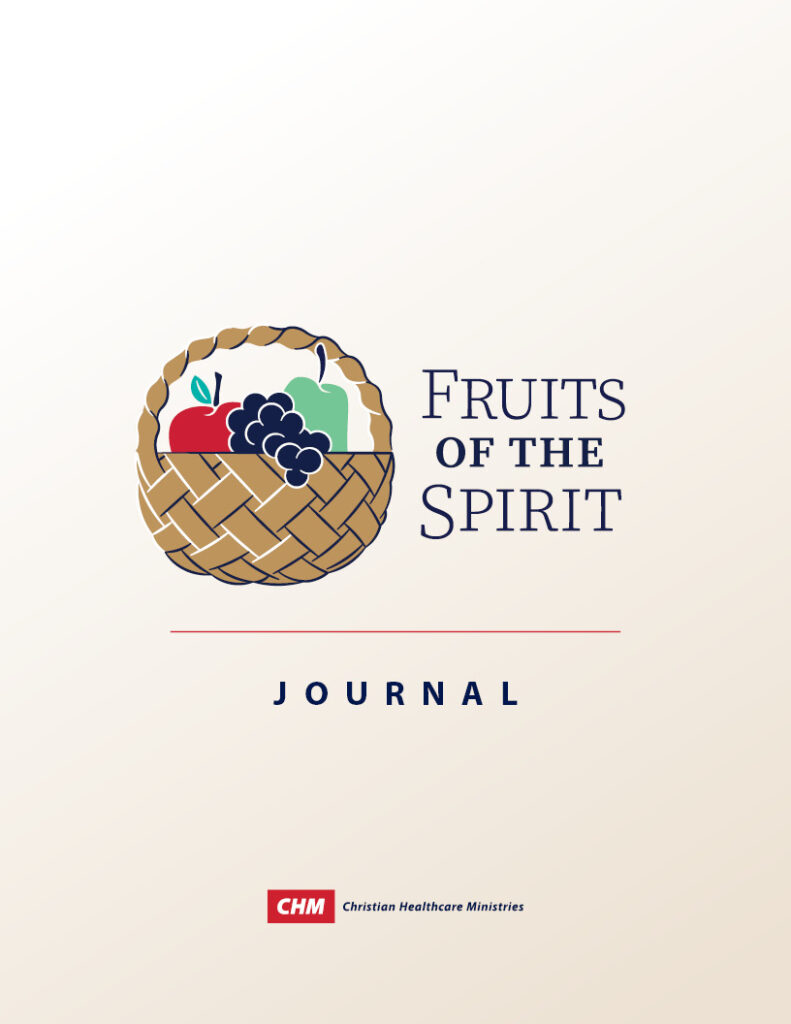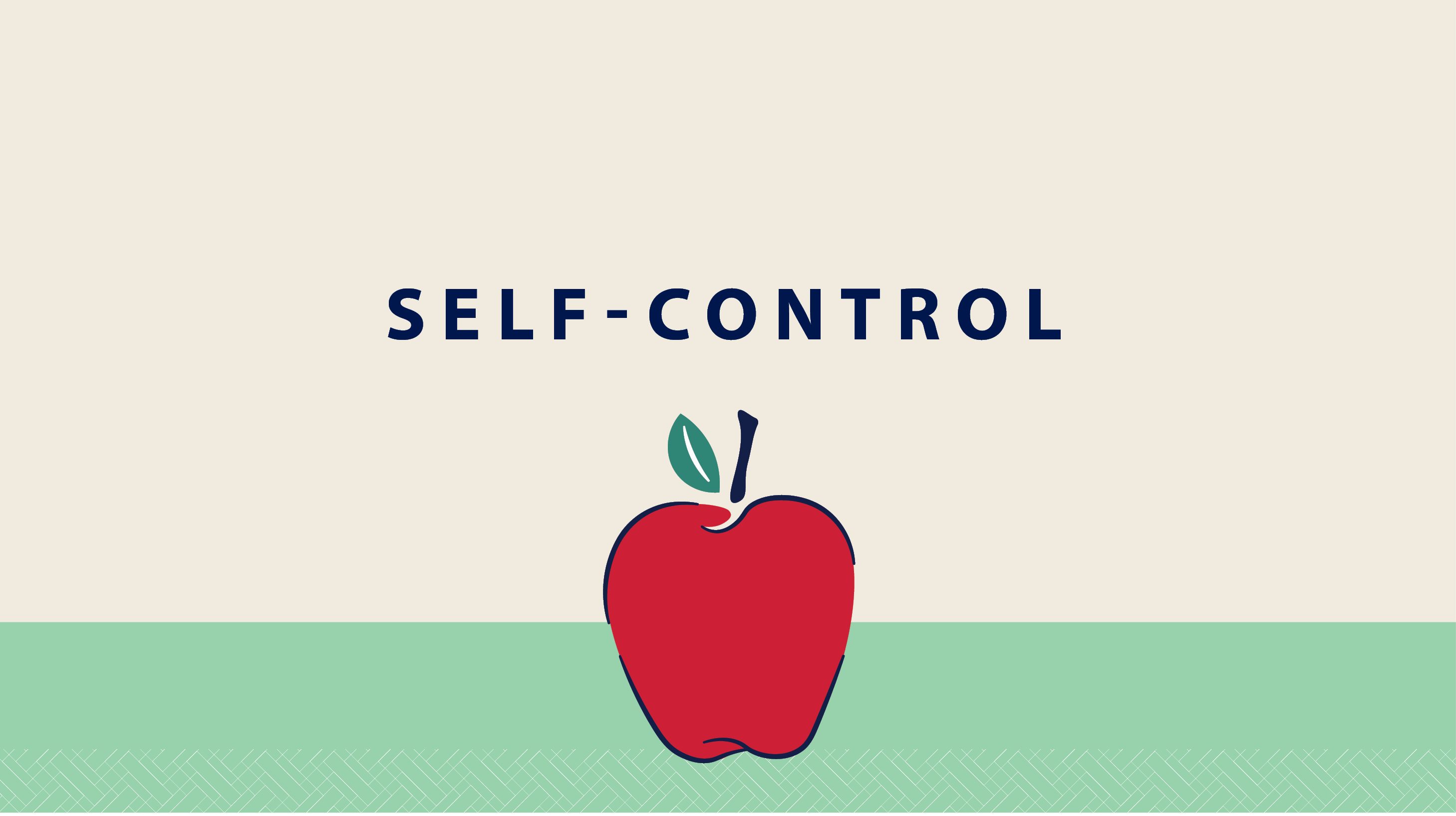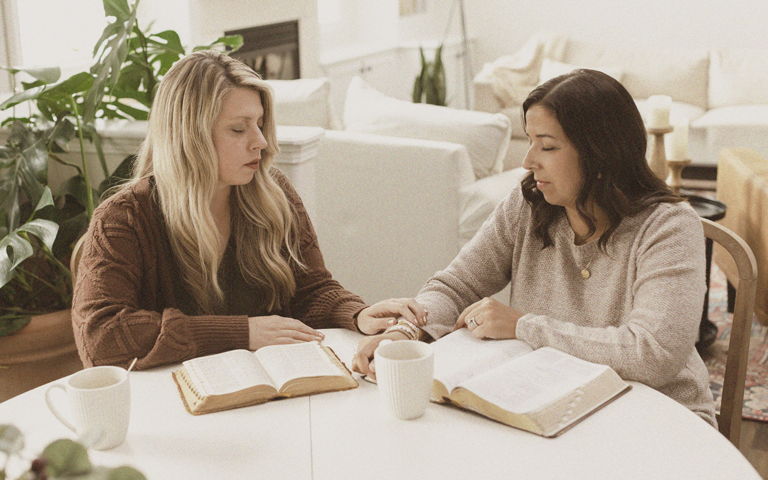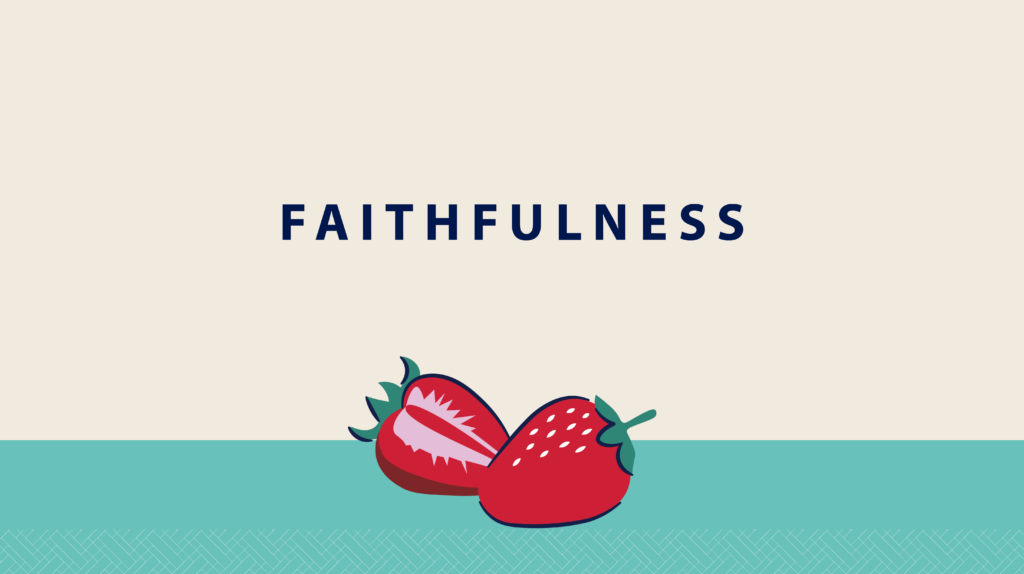Self-control stretches us and encourages us to grow. In the list of the fruits of the Spirit, it comes up last; however, this doesn’t mean it’s any less important. Having a spirit of self-control honors God and His creation.
We don’t like to talk about self-control. It causes us to look inward and examine the areas of our souls that might need a bit of dust brushed off or a bit of polishing. We can either heap self-condemnation on ourselves and throw in the towel, or we can keep going and press further into our identity in Christ.
Self-control is as much about not doing something wrong as it is about doing what is right. Unfortunately for us, it’s much easier to bear bad fruit, and bearing good fruit takes a lifetime of effort.
In Genesis 42, Joseph came face-to-face with his brothers who sold him into slavery at a young age. Even while standing before them, he masterfully controlled his “self”—his emotions—as he sought to love, forgive, and provide for them in their time of need.
Where did his source of “self” come from? He trusted that God is faithful —He would never fail him or leave him. While choosing to act in kindness might have been difficult, he recognized that no matter what, God was ultimately in control.
Self-discipline
How many times have you looked back at something you’ve done or said and wished that you hadn’t? Maybe they were harsh words spoken in a burst of anger or inner thoughts that accidentally escaped.
When we’re in a bad mood or under stress, exercising self-discipline can be hard work. Just like our muscles need to be used in order to remain healthy, the muscles of self-control need to be used to build character.
Learning how to control your emotions is not a one-time event. We may think that in our own willpower, we can exercise self-control. However, our strength to change comes from the grace of God. Walking in God’s grace allows us to recognize our need for Him and grow closer to Him as we rely on Him day after day.
This doesn’t mean that we don’t try our best, but rather, we realize that our best is rooted in our identity in Christ . Lasting change doesn’t occur overnight. Our impulses, bad habits, and “to-do lists” can pile up and make us easily distracted by the pressures of everyday life. Taking stock of our strengths and weaknesses and recognizing when we’re becoming overwhelmed allows us to lean more into God’s strength.
Just like our muscles need to be used in order to remain healthy, the muscles of self-control need to be used to build character.
God’s grace is sufficient
When we have a lack of self-control, it isn’t surprising to God. God knows us better than anyone else—even ourselves. This means He knows all about our pitfalls, how we struggle, and what will help us grow. He has defeated sin and death, and that same power lives in us. That power is ours as we strive to root our identity in Christ.
Self-control in the Bible shows up throughout the lives of everyday people doing everyday tasks. It isn’t a fruit of the Spirit only accessible for those who are holy enough or good enough to exercise it. We can live life trusting and obeying as the Spirit leads.
Using the fruit of self-control means we must give up our control. It doesn’t mean that we try to micromanage and control everything. Instead, it means we can rest in the grace of God and His definition of self-control by saying no to our impulsive side and listening for the whisper of God. He is faithful to guide us and will give us wisdom when we run to Him for guidance.
When you’re faced with a challenge or you’re inclined to give in to temptation, ask God for His direction and discernment. He isn’t afraid of our weaknesses—in fact, He works through them! He is our defender against the thoughts that try to keep us trapped in cycles of defeat.
Relying on His power gives Him glory and causes our lights to shine as a witness to others. When we receive our sense of “self” from Christ, exercising self-control becomes more about honoring Him than working in our own might. With God’s help, we can step out of our comfort zones and bad habits and step into a life of self-control, rest, and trust.

Grow the Fruit of the Spirit by signing up for our FruitFULL e-book!
Created just for you, this book is full of resources to help you and your family cultivate closeness with God.
Just like you make sure to eat a balanced diet, make sure you learn to grow the “good fruit” of the Holy Spirit.




